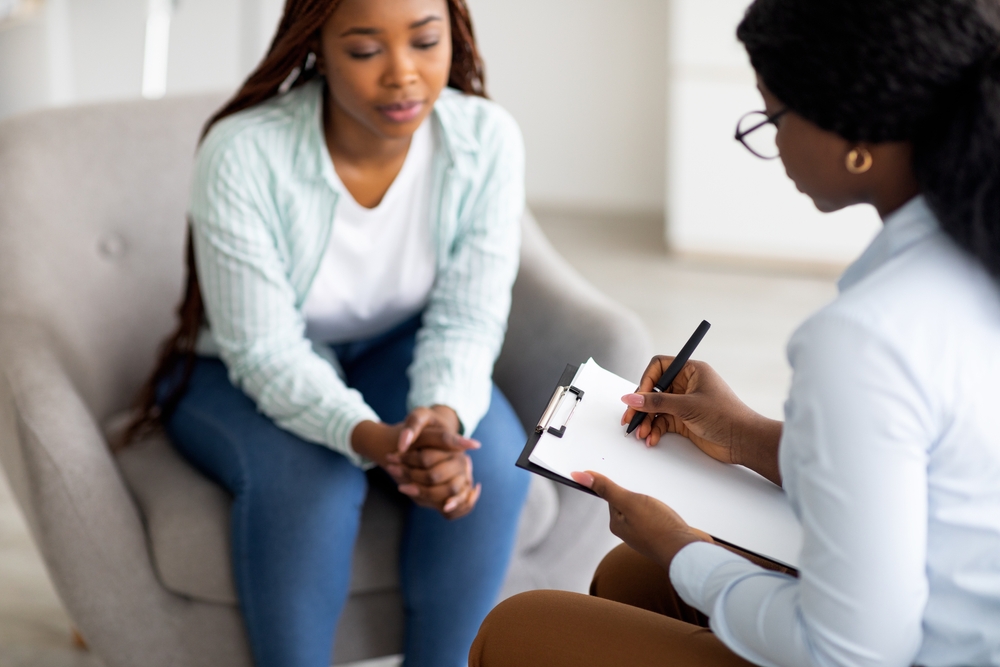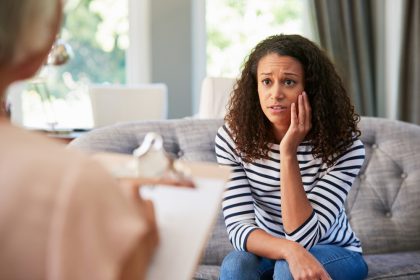Domestic abuse affects millions of women worldwide, leaving both visible and invisible scars. While physical wounds may heal, the psychological impact often lingers, particularly when victims shoulder blame for their abuse. Mental health professionals and abuse counselors emphasize that this self-blame not only compounds trauma but also creates barriers to healing and escape.
Understanding abuse dynamics
Domestic abuse centers on control, not conflict or misunderstanding. Abusers deliberately choose tactics to establish and maintain dominance over their partners. These calculated behaviors include:
Physical intimidation creates an atmosphere of constant fear. Emotional manipulation gradually erodes self-worth and independence. Financial control limits options for escape. Social isolation cuts off support systems and outside perspectives.
Abuse counselors emphasize that these tactics reflect conscious choices by abusers, never failures or provocations by victims.
The manipulation playbook
Abusers employ sophisticated psychological tactics to maintain control. Gaslighting makes victims question their reality and judgment. Victims hear phrases like “You’re too sensitive” or “You made me do this” until they begin to believe them.
This systematic manipulation serves a clear purpose: creating doubt, dependency, and compliance. Mental health experts note that even strong, capable women can be caught in this web of psychological warfare.
Society’s role in victim-blaming
Cultural attitudes often reinforce self-blame. Instead of questioning abusive behavior, society frequently asks why victims stay. This misplaced focus suggests victims bear responsibility for their abuse.
Traditional expectations about women’s roles in relationships compound this problem. Many cultures teach women to prioritize relationship harmony above personal safety. These deeply ingrained beliefs make it harder to recognize and reject abuse.
Breaking the cycle
Domestic abuse typically follows predictable patterns. Tension builds, violence erupts, followed by apologies and temporary calm. This cycle repeats with increasing intensity. Many victims blame themselves when reconciliation phases give false hope for change.
Understanding this pattern helps women recognize that their actions don’t cause or prevent abuse. The cycle continues because abusers choose to maintain it, not because victims fail to change themselves.
Impact on mental health
Self-blame creates devastating psychological effects. Depression, anxiety, and post-traumatic stress disorder commonly affect abuse survivors. These conditions can make seeking help feel overwhelming or impossible.
Mental health professionals stress that healing begins with releasing self-blame. Women must understand that surviving abuse shows strength, not weakness or failure.
The power of support networks
Support proves crucial for overcoming self-blame. Domestic violence advocates, counselors, and survivor groups provide essential validation and resources. These connections help women recognize they’re not alone and their feelings are legitimate.
Crisis hotlines and women’s shelters offer immediate support and safety planning. These services remind women that help exists and they deserve to access it.
Legal and community response
The justice system plays a vital role in establishing accountability. When courts and communities hold abusers responsible, it helps counter victims’ tendency toward self-blame. Legal consequences send a clear message: abuse is the perpetrator’s choice and responsibility.
Victim advocates work to ensure women understand their legal rights and options. This knowledge provides crucial tools for breaking free from abuse and self-blame.
Moving toward healing
Recovery requires understanding that no one deserves abuse. Therapeutic support can help women:
Recognize abuse is never their fault. Challenge internalized blame messages. Rebuild confidence and self-worth. Develop healthy relationship boundaries.
Support groups connect survivors with others who understand their experiences. These connections provide crucial validation and hope for healing.
Creating lasting change
Communities must work to prevent abuse and support survivors. This includes:
Education about healthy relationships and consent. Training for healthcare providers and first responders. Resources for victims seeking safety and independence.
Everyone has a role in creating a culture where victims feel safe seeking help rather than blaming themselves.
A message of empowerment
Women experiencing domestic abuse need to hear one message clearly: The abuse is not your fault. You deserve safety, respect, and support. Help exists, and healing is possible.
Remember that thousands of women have broken free from abuse and self-blame. With support and understanding, you can join them in reclaiming your life and worth.
This story was created using AI technology.








